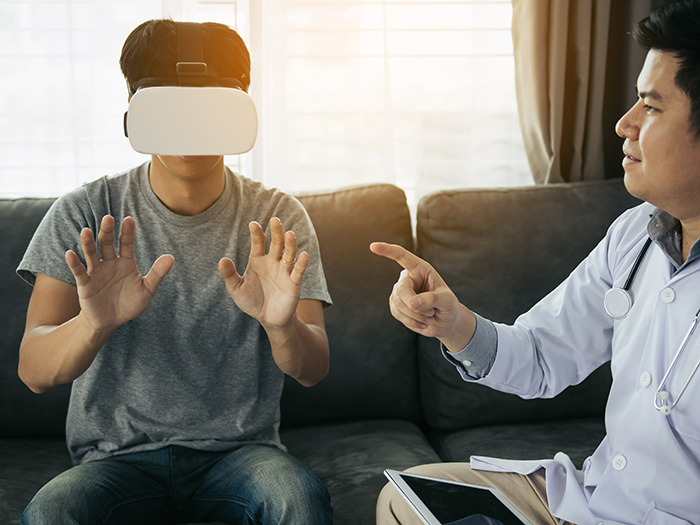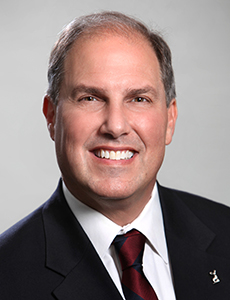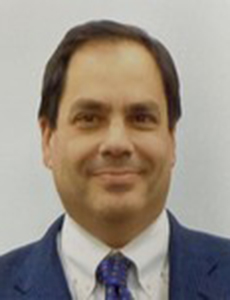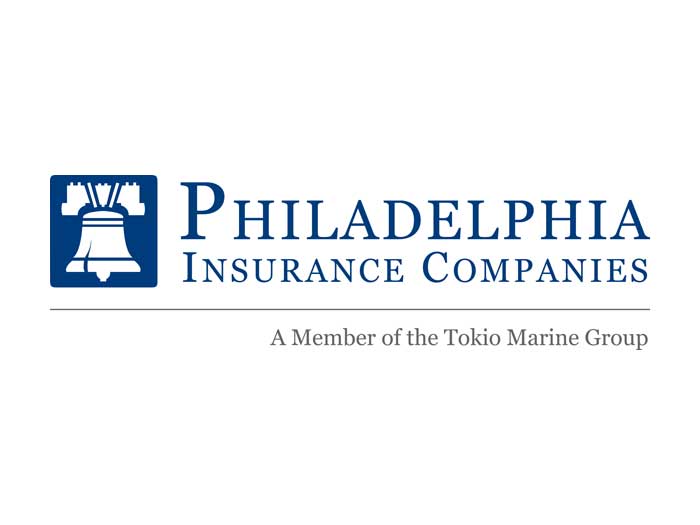See Why Harvard MedTech and The Hartford Are Touting Virtual Reality as a Worker Injury Treatment Avenue

Adam Seidner, chief medical officer for The Hartford, studied anthropology in college – until his advisor warned him that there were no jobs in that field.
“My roommate was applying to med school,” said Seidner, “and I liked science, so I applied as well.”
“I did my first residence in family medicine, then took a second masters in public health, and had a fellowship in occupational and environmental medicine.”
He was fascinating by data mining, and was invited by a major underwriter to consult on how clinical data worked in support of claims management.
“The head of that program retired,” said Seidner, “and they convinced me to succeed him.” Seidner was with that carrier for 25 years before moving to The Hartford four years ago.
“There are not many jobs that combine anthropology, medicine and public health,” said Seidner.
“There is a blend of science, data and business needs. I highlight the employee perspective – the return to work. It’s important to manage expectations on all sides and bring them in line with reality.”
Large organizations have their own culture, Seidner observed.
“Anthropology helps understand those, the culture of my own [organization] and others. It also helps me keep insurance in perspective, in the sense that it is about fair allocation of limited resources,” said Seidner.
“We want to be sure we are using all the resources appropriately.”
For all that, there is also the human foundation of anthropology. “The focus is on the employee, the injured worker,” said Seidner.
“Keeping that in mind is helpful in policy development: how does technology help individuals? How can it help us understand the individual?”
That understanding, in turn, informs regulation and compliance. “It helps us advise on adoption of regulatory guidelines,” said Seidner.
The focus on science and data in outcomes helps remind caregivers and underwriters that there are many non-pharmacological options, Seidner said.
“A multi-modal, interdisciplinary approach helps us understand what is going on with the patient, and what will work for the patient. There are biological, psychological and social aspects that determine health.”
Virtual reality can have a role to play in that, which is the topic of a presentation Seidner will take part in at National Comp 2021, called “A Closer Look at How Virtual Reality Produces Real Results for Injured Workers.”
Seidner noted that “visualization, including virtual reality, helps with pain management and improves outcomes.”
Stephen Fisher will take part in the presentation as well. Fisher worked as a physician before shifting to his current role as medical advisor to the chief executive officer of Chesapeake Employers’ Insurance Company, the largest workers’ compensation insurer in Maryland.
“Having been a provider for many workers’ comp patients, I am familiar with the issues and obstacles that they face,” said Fisher. “Being in a role that allows me to help a payer better understand the medical and biopsychosocial issues that the patient and provider face in helping the patient recover is rewarding.”
More specifically, Fisher explained that “by lowering certain modifiable barriers, we have been able to improve both patient and provider satisfaction and, hopefully, [reduce] lost time from work.”
“One of the frustrations is that the data captured is mainly claim related. That situation makes it difficult to compile and analyze medical data.”
He added, “Having a medical problem is challenging for patients, and negotiating the medical system for services has challenges as well. Helping people negotiate the system successfully, especially in a high-severity injury situation, is what I like best.”
In planning his part of the conference presentation, Fisher said that he hopes “attendees of our session take away the understanding that the payers are becoming more focused on personalized medicine experience, and there are several different challenges to being able to do that.”
Some of those came to the fore, even for Fisher, while preparing his part of the VR-focused presentation. “In preparing for my session, I have learned some of the barriers for the industry and payers to accepting various new medical treatments, especially when there may not be a large study to support the use.”
Seidner and Fisher will be joined for the presentation by Tyler Wilson, sheriff’s deputy, patient panelist and PTSD survivor. The presentation will be moderated by Dr. Gerry Stanley, senior vice president and chief medical officer of Harvard MedTech.
Attendees will gain a basic understanding of virtual-reality therapy, especially as it can be used to treat pain, anxiety and depression. The session will also cover strategies to address underlying psychosocial issues to accelerate recovery and reduce claims costs. &
National Comp — the National Workers’ Compensation and Disability Conference — is back! We’re planning an in-person show for October, 20-22, 2021 and we’re excited to see everyone while still adhering to all safety protocols set forth by local and national health authorities at the time of the event. Register today!
This year, we’ll feature seven tracks — from core content on medical and pharmaceutical management, claims and return-to-work, plus new and expanded avenues to explore like risk finance and injury prevention. All of our educational sessions are chosen for their ability to deliver sound takeaways and ideas that attendees can use right now.
In the meantime, National Comp will continue bringing you free virtual, educational content through our digital sessions series and our CompTalks program. Register today to make sure you don’t miss a digital session and check out our on-demand CompTalks library. Missed a session? Watch it here on-demand.












